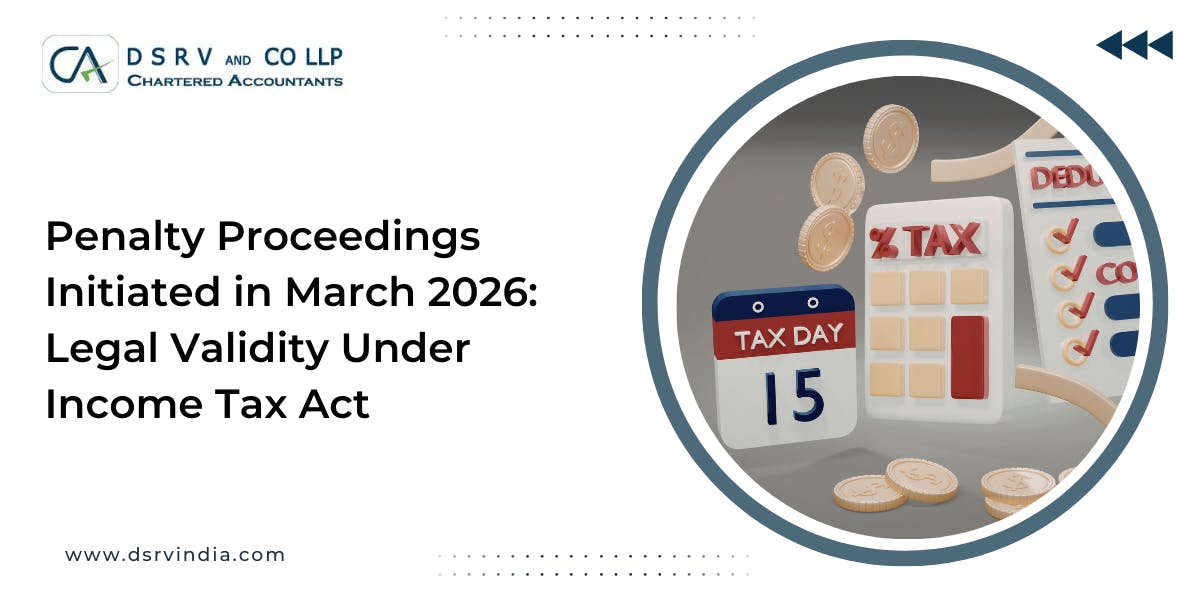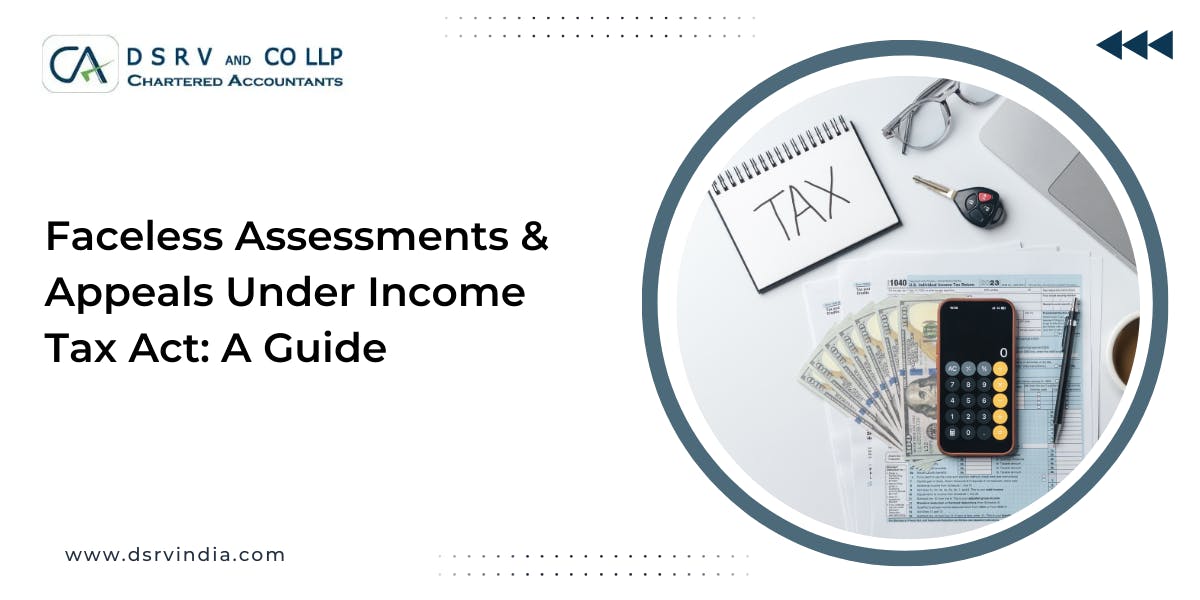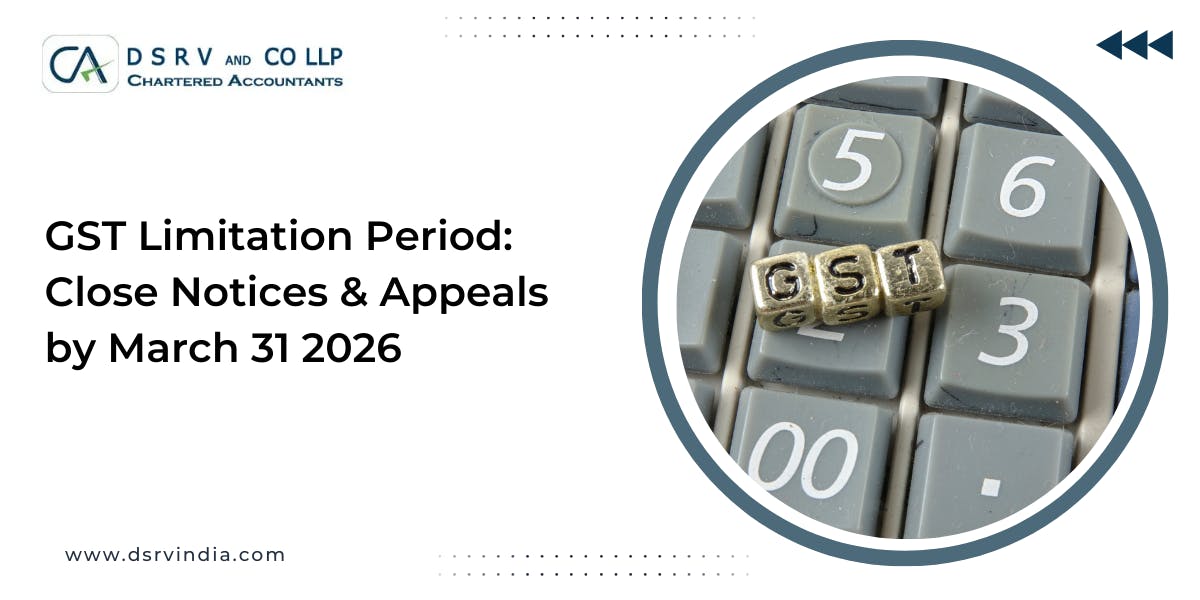When Can a GST Audit Be Initiated?
Not every business is selected for audit. The department usually chooses cases based on risk or turnover. Here are some common triggers:
- Businesses with higher turnover are more likely to be audited.
- If there are mismatches in GST returns compared with your books, that’s a red flag.
- Large refund claims often attract attention.
- If your ITC claims look unusual or excessive, an audit may be ordered.
When the department initiates an audit, they send you Form GST ADT-01. This is the official notice that says, “We are starting an audit.” From that point, the audit must be completed within three months, though the Commissioner can extend it by another six months if needed.
For startups and SMEs, even simple steps like timely GST registration in Gurgaon and regular filing of returns reduce the chances of being selected for audit.
How Does the Audit Process Work?
The audit procedure under Section 65 has a clear sequence, though the experience can feel stressful if you’re not prepared.
First comes the intimation. You’ll receive a formal notice in ADT-01, telling you the period and scope of the audit.
Then the actual audit process begins. Tax officers may visit your business premises or review records at their office. They’ll go through your books of accounts, GST returns like GSTR-1 and GSTR-3B, ledgers, ITC claims, and even contracts or agreements if needed.
Once they’re done, the findings are communicated through Form GST ADT-02. This report mentions whether everything is in order or if discrepancies have been found.
Finally, depending on the findings, the department may either close the audit or move ahead with further action. If they believe tax has been underpaid or ITC has been wrongly availed, they may issue notices under Section 73 or 74 for recovery.
This is the stage where many corporates rely on chartered accountant firms in Gurgaon to prepare replies and represent them. Having professionals manage the communication often makes a big difference.
Recommended: How to Deal with GST Show Cause Notices Under GST
Documents You’ll Need for a GST Audit
A GST audit is all about records. The smoother your documentation, the easier the process. Typically, the department may ask for:
- GST returns: GSTR-1, GSTR-3B, GSTR-9, GSTR-9C.
- Sales and purchase registers.
- ITC reconciliation between GSTR-2B and GSTR-3B.
- Stock records and e-way bills.
- Invoices, agreements, and ledgers.
Financials like profit and loss, balance sheets, and bank statements.
How to Prepare for a GST Audit
Here’s where businesses can take control. If you prepare well, the audit process feels much less overwhelming.
Start with clean books of accounts. Under Section 35 of the CGST Act, every registered person must maintain proper records. That means sales, purchases, stock, invoices, ITC details — everything.
Next, focus on ITC reconciliation. Make sure that the ITC you’ve claimed in your GST returns matches what’s available in GSTR-2B. Any mismatches should be explained and corrected before the audit.
Also verify turnover and tax payments against your financial records. If your GST returns don’t align with your P&L or balance sheet, the officers are going to ask questions.
Some businesses even run internal audits before the departmental audit begins. Many SMEs choose to engage a CA firm in Gurgaon for this purpose. A professional can spot issues in advance and fix them, so you’re not caught off guard later.
Must Read: How to handle ITC Mismatches & Ineligible Credits under GST
Best Practices During a GST Audit
When the officers come knocking, how you respond matters almost as much as your records. Audits can be tense, but following some basic practices can help.
Always cooperate with the auditors. If they ask for documents, provide them promptly. Delays or incomplete information create unnecessary suspicion.
Keep backup copies of everything. It’s good practice to have digital as well as physical records ready.
Stay calm if discrepancies are pointed out. Remember, you’ll usually get the chance to explain. Losing your cool or hiding facts only makes things worse.
And most importantly, don’t try to handle complex audits on your own. Get professional support. Corporates often rely on chartered accountant firms in Gurgaon, and smaller businesses too should seek expert help when required.
Common Issues Found in GST Audits
Over time, certain issues keep coming up in audits. Officers usually focus on:
- ITC mismatches between GSTR-2B and GSTR-3B.
- ITC wrongly claimed on ineligible items under Section 17.
- Wrong classification of goods or services, leading to incorrect GST rates.
- Delays in filing GST returns.
- Under-reporting or suppression of turnover.
If such issues are discovered during the audit, they don’t just end there. They can lead to notices, demands, and even adjudication.
Consequences of Non-Compliance
Failing to respond properly to an audit can have serious consequences.
The department may demand additional tax, along with interest. Penalties under Sections 122 and 125 can also be imposed. In some cases, proceedings under Section 73 or 74 may be initiated, which can drag into long disputes.
There’s also the reputational impact. Once your business is flagged during an audit, it may be subject to closer scrutiny in the future. And if ITC wrongly availed is reversed, it directly affects your working capital.
Why Proactive Compliance Matters
At this point, you may be wondering, how do I avoid all this? The answer lies in proactive compliance.
Keep your books updated. Reconcile GST returns regularly. Stay on top of ITC claims. Train your team on GST rules.
Think of it like routine maintenance for your business. Just as you service your machines to avoid breakdowns, you should review your GST compliance to avoid future audits.
Many companies set up periodic reviews with professionals. Some work with a GST consultant in Gurgaon for ongoing compliance checks, while others prefer to run quarterly internal audits with their finance team.
Whatever approach you choose, the goal is the same: to stay audit-ready at all times.
If you found this useful, you might also love The Complete Guide on How to Represent in GST Adjudication









